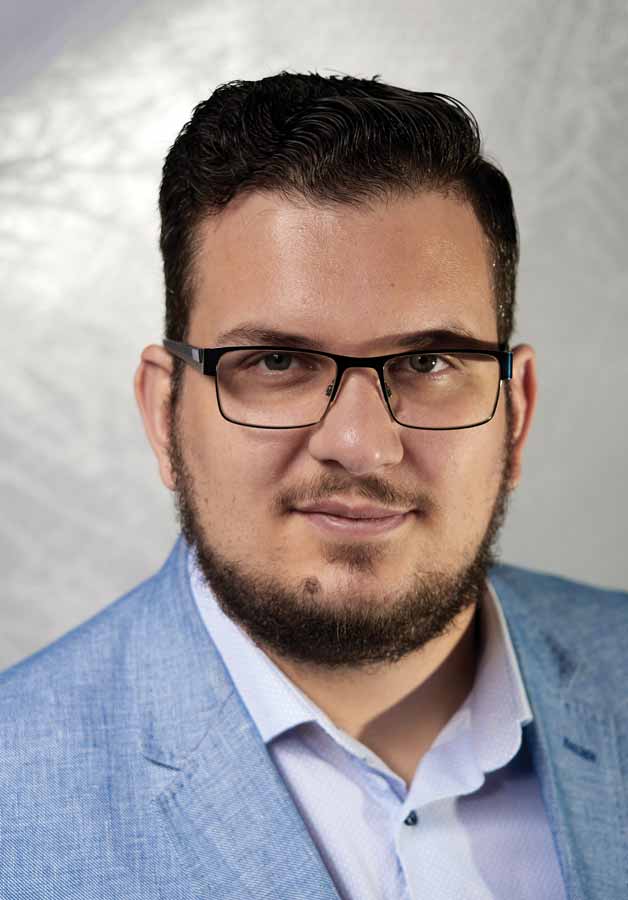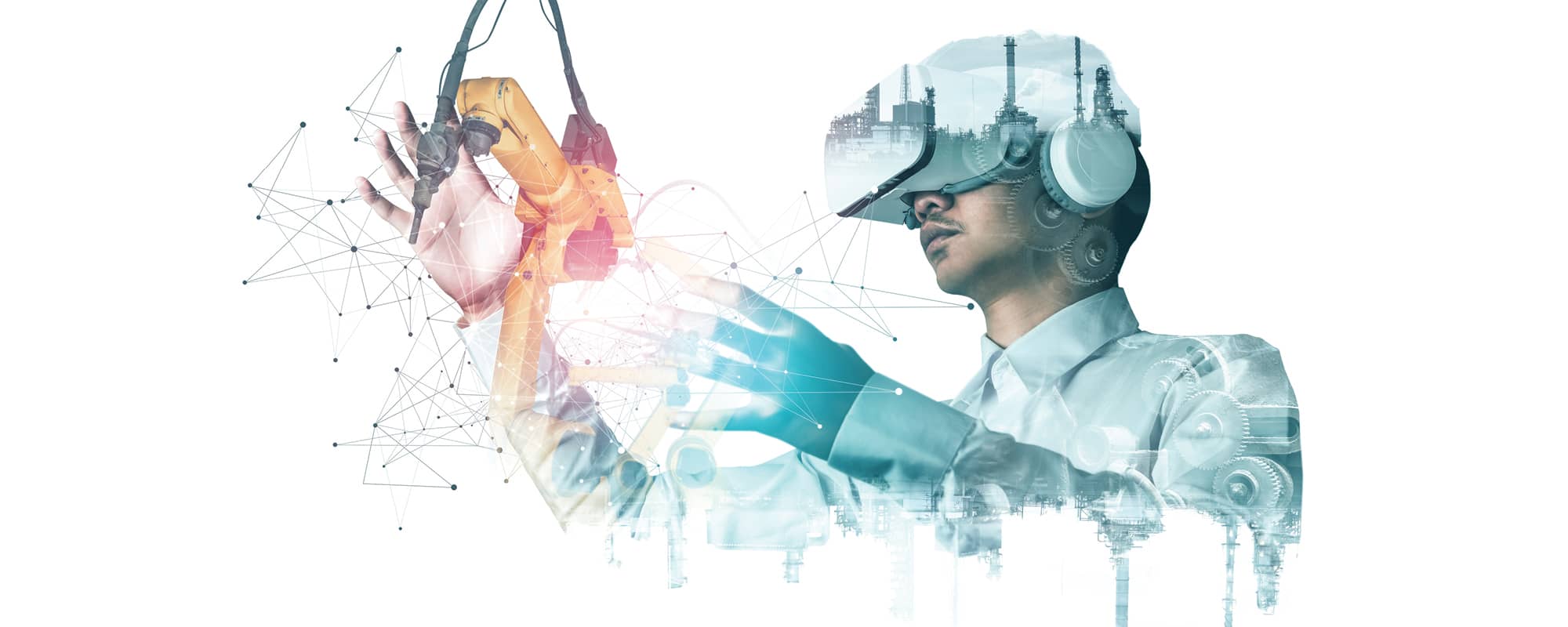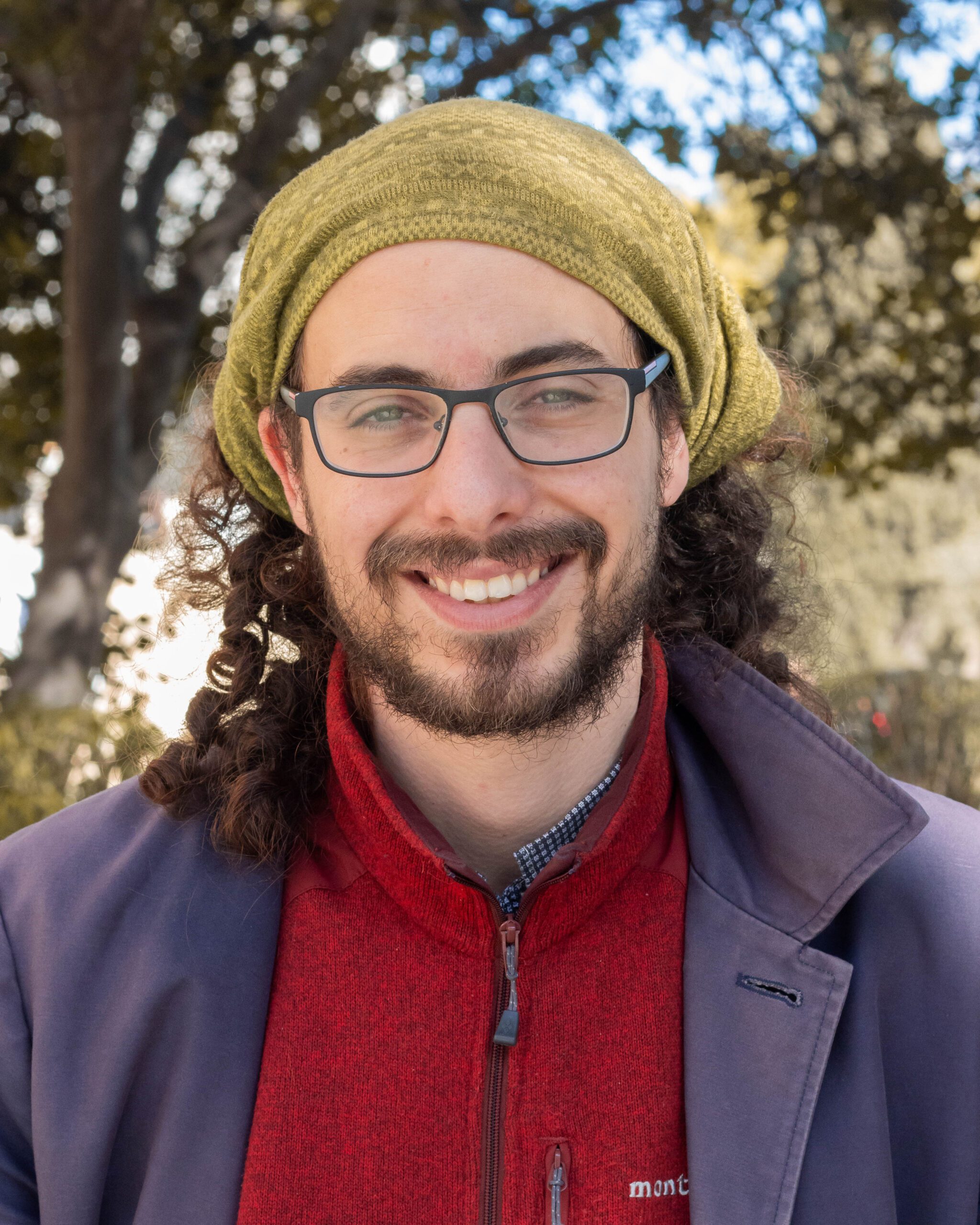We’ve been dreaming of robots for over a century, but are we any closer to having fully-automated robots? David Mizzi from THINK gets in touch with University of Malta (UM) alumnus and CEO and founder of Cyberselves, Daniel Camilleri, to talk robots.
From adorable WALL-E to the smart-talking Bender from Futurama, robots have captured our imagination. Intelligent assistants capable of handling tasks with a greater degree of skill than any human could hope to muster, they usher in a new age where man and machine work together. Despite robots costing the same amount as a mid- to high-end car, not many have made their way into our homes.
Daniel Camilleri, an electrical engineering graduate from UM, has created Cyberselves a company that aims to realise the true potential of robotics. ‘The promise of robotics has been there for a long time and has been tightly linked to AI. Now, we’re seeing advances in AI that aren’t being translated into robotics. We want Cyberselves to be that link.’
Creating your cyber self
During our initial call, Camilleri was in his UK offices surrounded by dismembered robots and strewn cables. I asked him how he became interested in robotics. ‘Initially, back in secondary school, my plan was to go into medicine. I loved all the sciences, but then I grew interested in renewable energy, being green, and the environment. So I switched gears (pun intended) and moved to engineering. It was only during my last year that I became interested in robotics.’

During his last year as an undergraduate at UM, Camilleri was studying electrical engineering and working on a mixed-reality project using the first version of the Oculus Virtual Reality Headset. ‘My then girlfriend, now wife, was working on robotics, simultaneous localisation, and mapping. That’s when my interest got piqued.’ After they graduated, they began looking for places to study for their masters. ‘We settled on the University of Sheffield, which offered a course on computational intelligence and robotics, a mix of AI, machine learning, neuroscience, and robotics.’ From there, Camilleri’s passion for robotics only grew.
‘Cyberselves started out as an AHRC (Arts and Humanities Research Council)-funded research project at the University of Sheffield. By visiting science fairs dotted around the country with a team of robots, the public started to become more familiar with robots,’ explains Camilleri. This outreach was followed by questionnaires to get a feel for how people’s perception of robots changed after the event. Eventually, these outreach events morphed into the Cyberselves Roadshow, which creates dialogue with the public while educating and entertaining audiences with the latest technology.
From new languages to teleportation
Despite robots being available on the open market, they don’t seem to have taken off (aside from the odd Roomba). For Camilleri, this comes down to the applications available. Without unique and exciting apps, a robot is just an expensive conversation piece.
Camilleri explains how, ‘in robotics, there’s this vicious cycle where you get a robot manufacturer, they start hyping their own hardware, which gets users interested — it’s too expensive and then there are no apps; there isn’t the functionality a user needs. This in turn means the number of users is low, so the number of developers is low.’ The first issue Cyberselves needed to address was encouraging developers to write applications. This is where Animus steps in.
Animus is a universal language which allows developers to write programs or apps for robots. ‘The idea behind it began from my PhD research at Sheffield. It brings together neuroscience and robotics to create an algorithm capable of learning,’ Camilleri says. ‘Think of it like the Android operating system for your smartphone.’ Essentially Animus ensures that code written for one robot will run on another. Sticking with the smartphone analogy, if you upgrade your phone to a different model, from Samsung to Huawei for example, the app you created will still work. This saves the designers having to re-write the app for each new robot model.
After developing Animus, the next step was to actually create an application using the language. For Camilleri, this meant creating a use case or a ‘hello world.’ ‘In programming, a hello world is the first thing you do. We landed on using telepresence so people using it can be in the robots’ shoes.’ Besides being a great use case, it also helps to dispel the fear around robots.
Teleport is the first application developed using Animus. It allows the user to control any robot anywhere in the world directly. By using commercial virtual reality headsets, the robot acts as a virtual presence device, giving the user the ability to see, hear, and feel whatever the robot senses. The applications vary from visiting relatives or museums in a different country to hazardous environment navigation.
Besides Teleport, Cyberselves also released a software development kit to the public. This allows developers to create and write their own apps.
The Future
The work Camilleri and his team at Cyberselves have done is not going unnoticed. In 2021, Cyberselves won a spot in the finals of the prestigious ANA Avatar XPRIZE global robotics competition. This is a four-year global competition aimed at developing an avatar system that can transport human presence to a remote location in real time.
Camilleri explains how, due to Covid, telepresence experienced a significant push and investment by companies. ‘I feel in the next 5 years, telepresence will become a mainstream way of travelling — either to be greener or on a tighter budget.’
While Camilleri and his team are excited for the finals (scheduled for autumn 2022), they also have other plans in the mix. One of their goals is to create a universal marketplace for robotics. By bringing together users, developers, and manufacturers in a single place, they hope to streamline the collaboration between different service providers.
While a robot future seems just within reach, there are still challenges that need to be overcome. ‘Hands and touch are two of the challenges robotics has. For hands, we’re looking at creating a more dexterous type of hand, while for touch we’re working with a company that’s created a new type of skin. Once we have that and the software side sorted, robots will be able to complete a number of household tasks, such as doing the laundry.’
Ultimately the goal is to have robots capable of a variety of tasks, rather than one super-specialized robot only capable of doing one thing. Only then does Camilleri believe we will see robots in the house. ‘Robotics are the third generation of personal devices. There’s a lot to be gained from them, especially in Covid times.’
There is still a long way to go before we live side-by-side with robots, but through Camilleri and his team’s work, we’re one step closer to that future. And a future with our very own robot butler is certainly worth being excited about!






Comments are closed for this article!